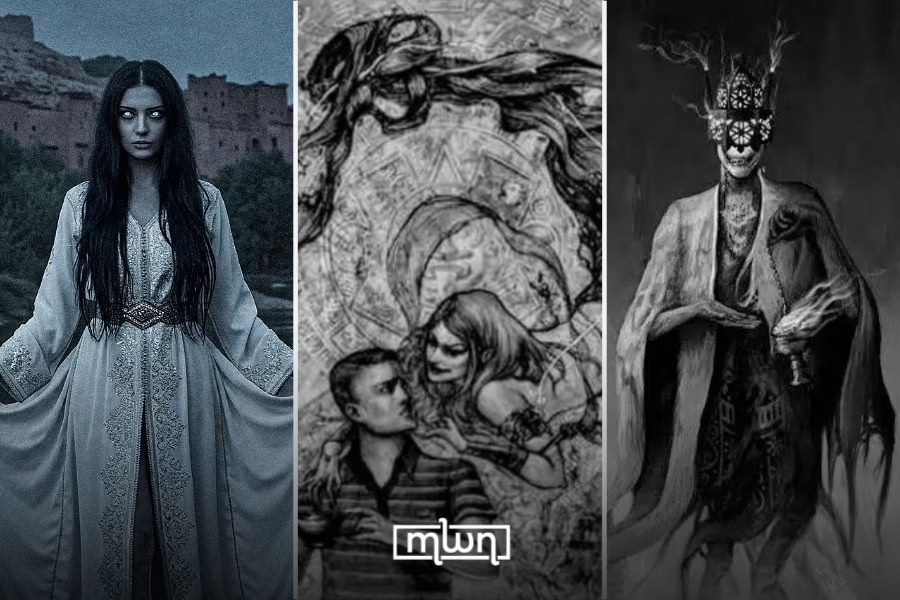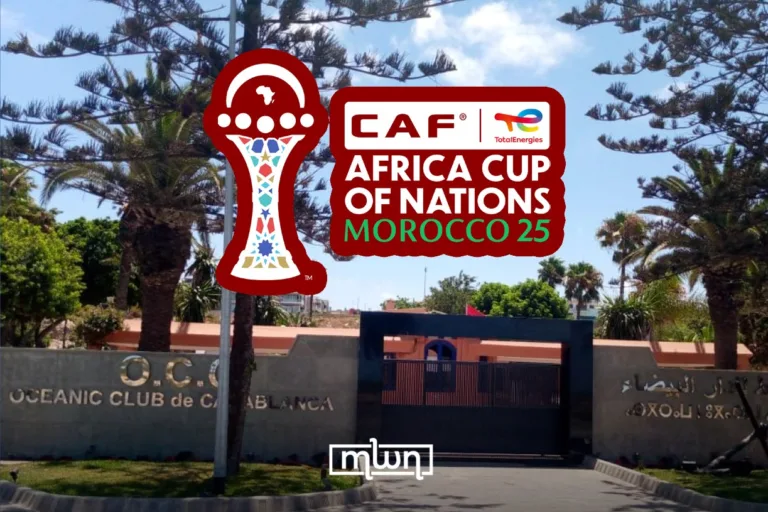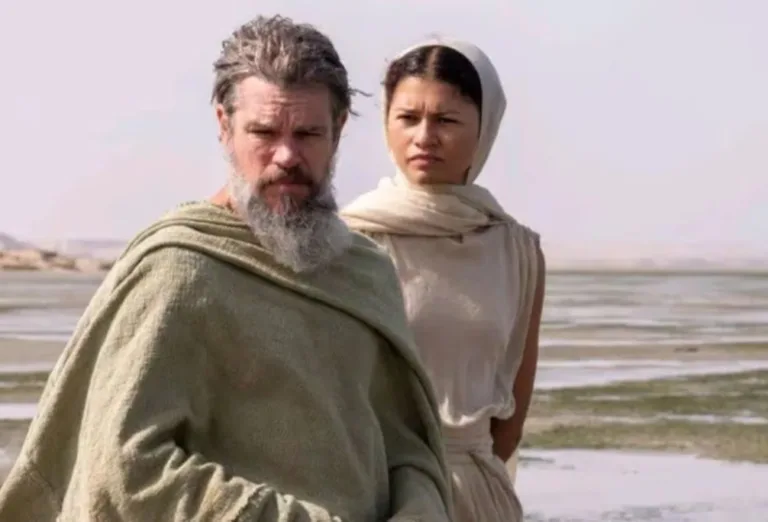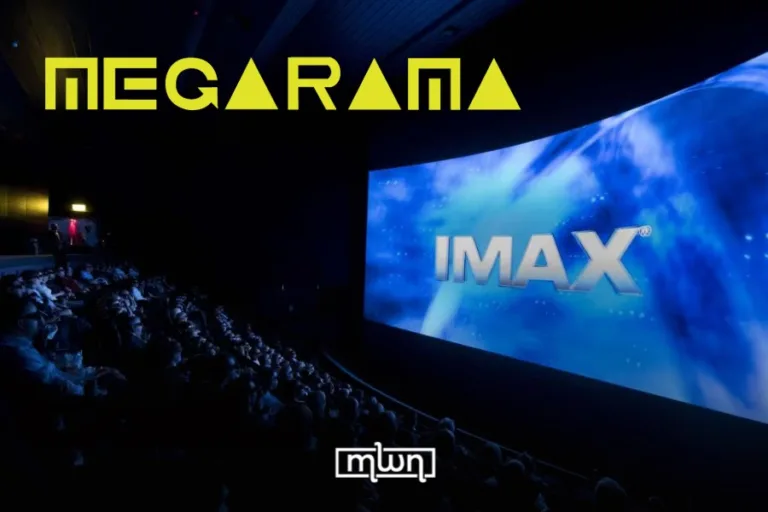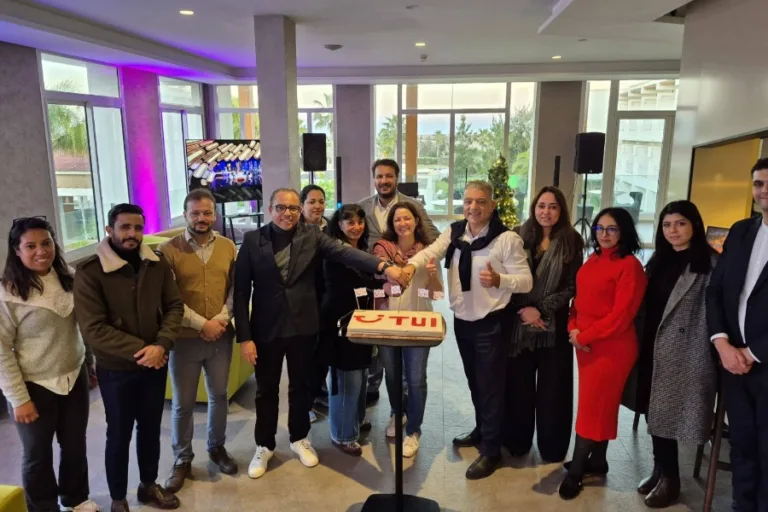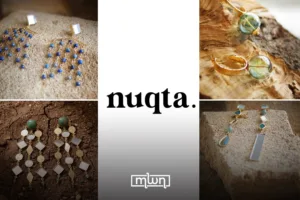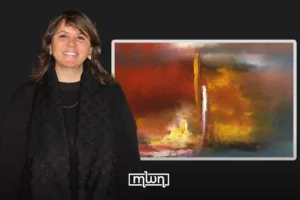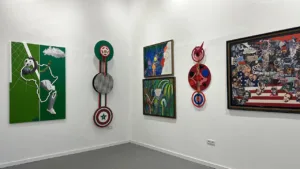There are things we inherit that never make it into history books.
Fez – In an age where truth is fact-checked and digitized, Morocco’s legends, those ancient, half-true stories, continue to thrive.
But why do they still hold such power? And what does that say about us?
To understand Morocco without its legends is like trying to understand a city by looking only at its highways.
The real story is in the alleyways, the whispers, the things half-remembered. These aren’t bedtime stories, they’re cultural infrastructure.
Legends as mirrors of identity
Moroccan legends aren’t just tales of mythical creatures or heroic ancestors. They’re a reflection of how generations of people have made sense of their world.
The Amazigh legends, for example, often begin where recorded history fades out, offering imagined genealogies, sacred landscapes, and epic love stories that say more about identity than any passport ever could.
Likewise, Islamic legends in Morocco do something similar, but through a different lens.
Here, the myth is sacred, the characters divine. The stories of prophets and saints are told with reverence, but they’ve also been localized, colored by Moroccan imagination, tone, and rhythm.
It’s not just what the stories say, but how they’re told that matters.
But do we still believe in legends?
It’s tempting to dismiss legends as charming relics. After all, who needs spirits and talking rivers when you have Google Maps and ChatGPT? But here’s the catch: even if we don’t believe in the literal truth of these stories, we believe in what they do.
They connect us to a collective past, root us in place, and teach values in a way no textbook ever could.
And that’s exactly why historians and researchers are scrambling to preserve them. Oral tradition doesn’t come with a backup drive. Once a story stops being told, it doesn’t retire, it disappears.
What’s fascinating is how the myth-making never really stopped. Today, Morocco is creating new legends: stories of innovation, reinvention, and national pride.
In the end, legends aren’t about facts, they’re about meaning, strength, magic, and uniqueness.
And in a time when culture is flattening under algorithms and homogeneity, Morocco’s legends are a quiet rebellion.
They remind us that history is whispered in the spaces between memory and imagination. And that’s worth listening to.
Read also: New Book Explores Essaouira’s History Through Its Unique Architecture

